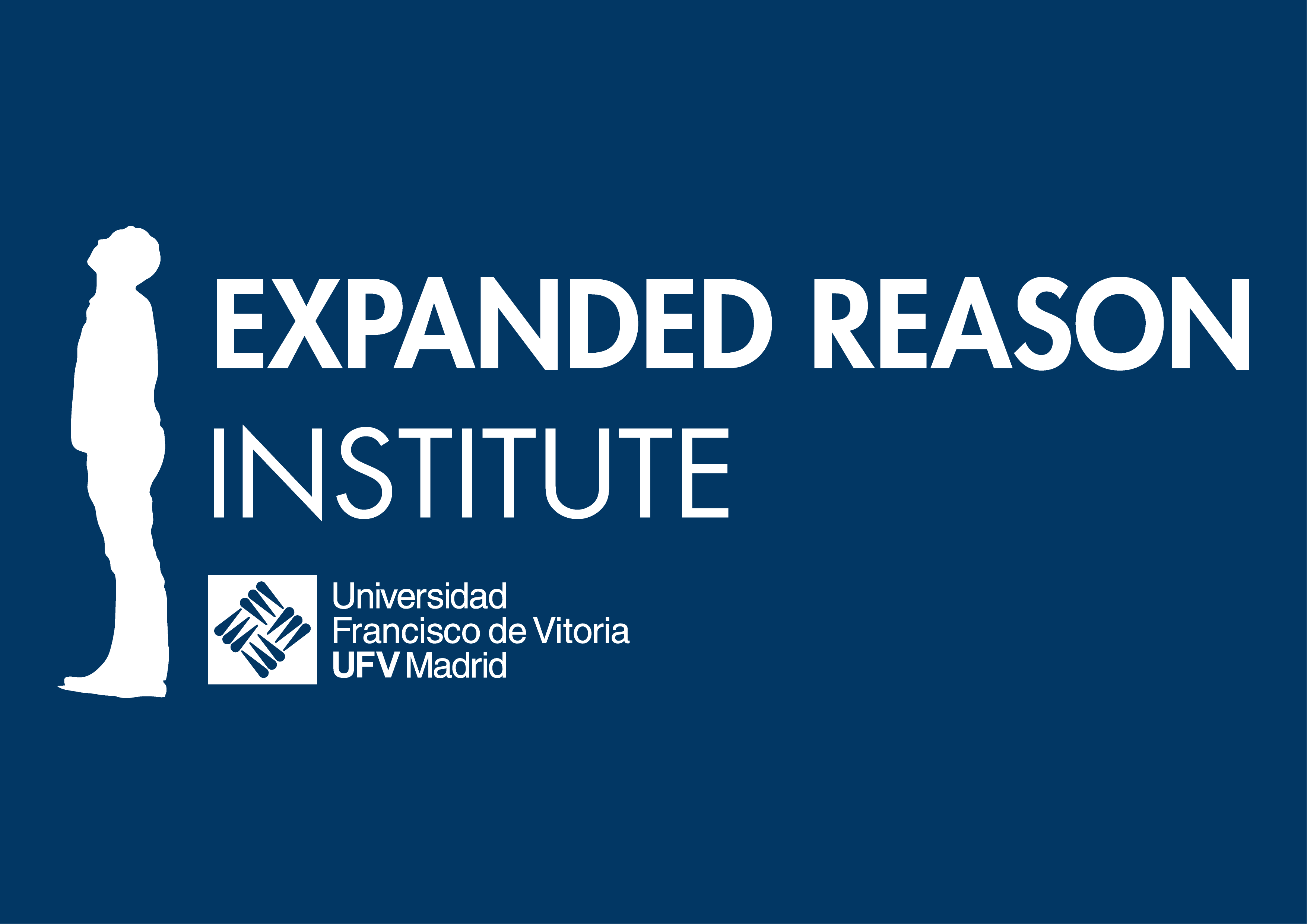The International Conference The Educational Power of Relationships, which will take place on 7 and 8 October, is an opportunity to deepen and analyse the importance of the educator on the relationships in the classroom that have an impact on people’s lives. The director of the Bachelor’s Degree in Education stresses that this initiative arises from the UFV’s concern to educate in a person-centred model and its conception has a humanist basis of education that understands and attends to all the dimensions of man: affective, volitional and cognitive: “In all these dimensions the relational part is crucial and it will be a moment in which the community of teachers, mentors and students share the fruits of an educational task that has a great impact on the life of people’s lives”.
Every person’s desire to learn is relational in order to achieve fulfilment. In her opinion, the educator must be aware that the relationship is the key to meaningful learning, and this only occurs when the student sees that his teacher believes in him and is interested in his gifts and potential.
In this way, the teacher becomes a point of reference for wisdom and life. From the classroom, a two-way encounter is generated in which the best comes out of the student and this contributes to his or her personal growth. There really is a link between individual and group help, since the feeling of belonging also increases and the community grows at the same time: “The teacher, on the one hand, works on the improvement plan of the student and, on the other hand, on the improvement plan of the class, valuing people, empowering the moments when students help each other and want the best for each other”. Therefore, the educational task is not only cognitive, but must believe in the relational part to build learning together.
Headmistress Laura Martín argues that Expanded Reasoning is essential in the field of education because education is only possible when all the dimensions of man are taken into account in order to understand who he is and to want the best for him: “For life to have meaning, we must provide moments in which to put ourselves into play and allow students to ask themselves questions that have to do with their lives”.
Therefore, in the field of education there is a very important part that is cognitive, more academic, but the volitional and affective parts are also essential. If education is committed to the integral development of the person, it cannot forget the relational aspect of the human being.
“Learning cannot be unrelated to what happens to students in their lives, so teachers must help them to find the meaning of what they are studying, to walk together in community and for global learning to take place”
This is the challenge of any educator who serves a community, it involves looking at each person before entering the classroom, asking what they want for them, and therein lies the good of the profession. It is about understanding how people live and what they feel, what each person can contribute, what their relationships are for. In short, concludes Laura Martín, learning only makes sense if it is in relation to life, if it contributes to asking questions, if it helps people to walk and wants something good for others.



No comment